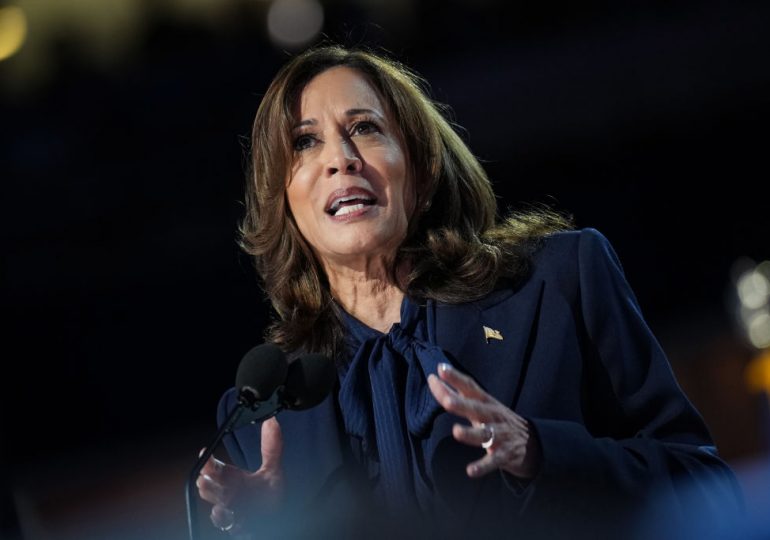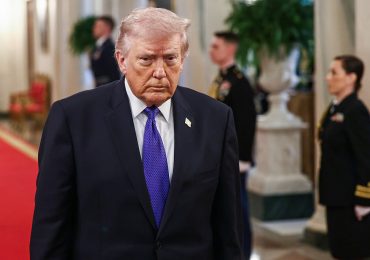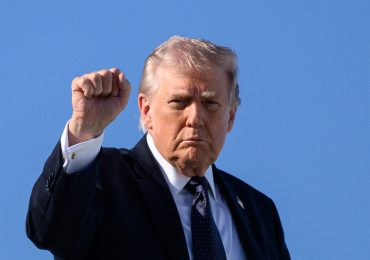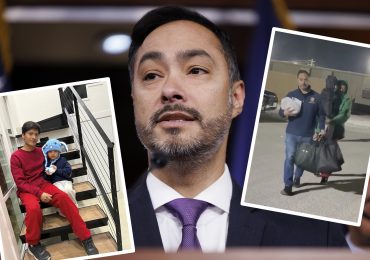Vice President Kamala Harris said her top priority upon taking office would be helping middle class Americans address economic concerns including inflation in her first sit-down interview since becoming the Democratic presidential nominee.
“Day one, it’s going to be about one implementing my plan for what I call an opportunity economy,” Harris told CNN. “I’ve already laid out a number of proposals in that regard, which include what we’re going to do to bring down the cost of everyday goods, what we’re going to do to invest in America’s small businesses, what we’re going to do to invest in families.”
[time-brightcove not-tgx=”true”]
The interview has taken on outsized importance with just over two months remaining in Harris’ campaign, a speed run launched in July when President Joe Biden, damaged by his debate performance against Republican challenger Donald Trump, dropped out of the race.
Read More: The Reintroduction of Kamala Harris
Trump ratcheted up pressure by repeatedly needling Harris for avoiding media scrutiny, while Republican allies have highlighted past missteps and awkward moments in previous interviews with the vice president. Critics have also said Harris needs to explain why she now supports an immigration deal that includes the construction of additional border wall or allowing fracking—two policies she campaigned against when previously running for president.
“I think the most important and most significant aspect of my policy perspective and decisions is my values have not changed,” the vice president said.
But, Harris acknowledged, she had adopted feedback from “traveling the country extensively” as vice president—leading to some of the significant policy changes from her 2020 presidential campaign.
“I believe it is important to build consensus, and it is important to find a common place of understanding of where we can actually solve problems,” she said.
Trump, in a post to social media, criticized Harris’ delivery but said he agreed “her values haven’t changed.”
Read More: ‘Is She Talking About Me?’: Donald Trump’s Commentary on Kamala Harris’ DNC Speech
“The Border is going to remain open, not closed,” he continued. “There will be Free Healthcare for Illegal Aliens, Sanctuary Cities, No Cash Bail, Gun Confiscation, Zero Fracking, a Ban on Gasoline-Powered Cars, Private Healthcare will be abolished, a 70-80% tax rate will be put in place, and she will Defund the Police.”
Harris said she was hoping to be a president for “all Americans”—and would look to appoint a Republican to her Cabinet as a signal she was pursuing bipartisan consensus. Harris said she did not have a particular person in mind.
“I have spent my career inviting diversity of opinion,” Harris said. “I think it’s important to have people at the table when some of the most important decisions are being made that have different views, different experiences. And I think it would be to the benefit of the American public to have a member of my Cabinet who was a Republican.”
Trump’s campaign also criticized Harris for sitting for the interview alongside her running mate, Minnesota Governor Tim Walz, though candidates—including the former president—have traditionally conducted joint interviews around their national conventions. Some Republicans chided Harris for saying that on the climate crisis the U.S. should hold “ourselves to deadlines around time,” suggesting the remark hearkened back to other verbal miscues during her career.
But Trump himself spent Thursday evening mired in a controversy over his apparent endorsement—and subsequent backtrack—around a Florida ballot measure that would extend abortion rights.
Read More: What Trump Just Said About an Abortion Ban—and Why His Campaign Walked It Back
And for Harris, the interview offered an important signpost as she continues to introduce herself to the country—a branding effort that has sought to depict the former California prosecutor and senator as a happy warrior for the middle class.
So far, her campaign has consolidated support across the Democratic Party and rocketed ahead in the polls, with the vice president holding a small but steady lead nationally and in key swing states in most recent surveys.
Key to maintaining or growing that advantage will be navigating difficult questions about how Harris would represent a change from Biden, particularly with voters still concerned about the impact of post-pandemic inflation on their pocketbooks.
Harris took some of Trump’s barbs head on, including his assertion earlier this year at a conference for Black journalists that she had only embraced her Black heritage for political purposes.
“Same old, tired playbook,” Harris said.
Leave a comment








